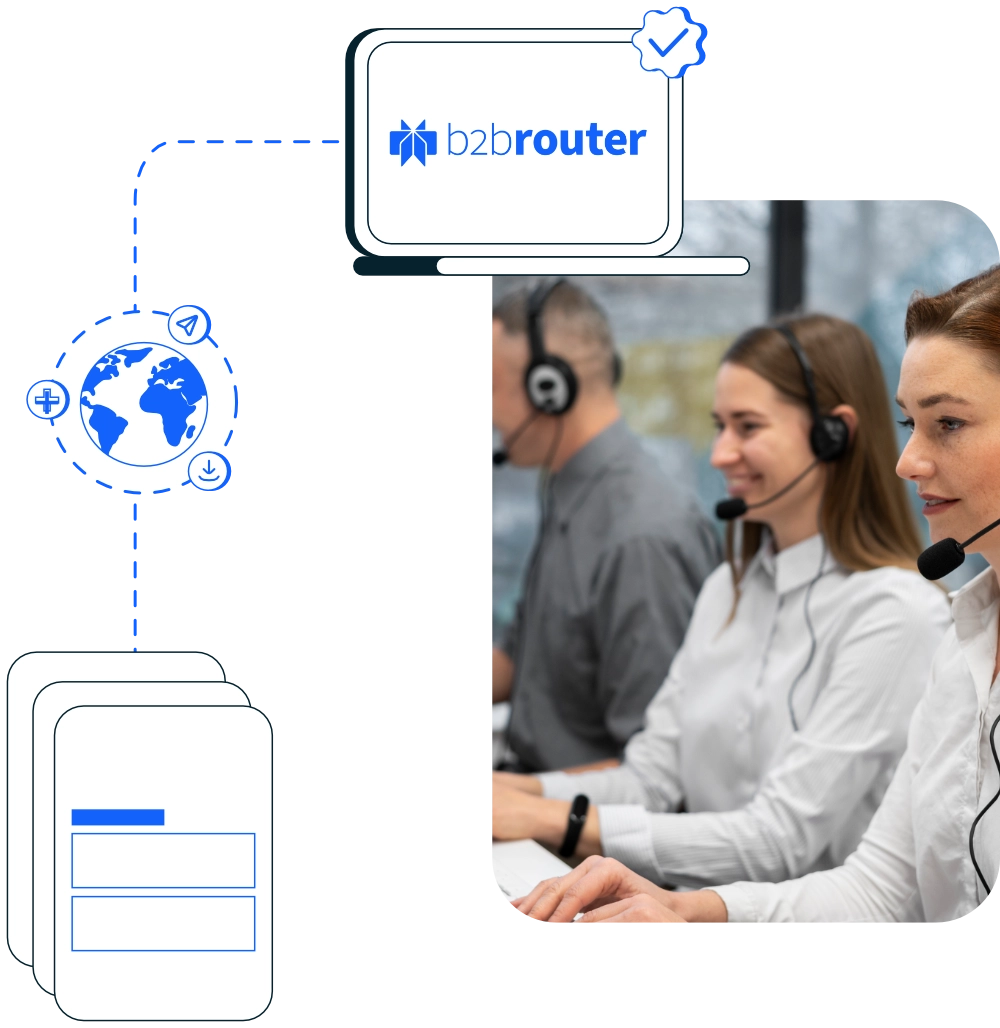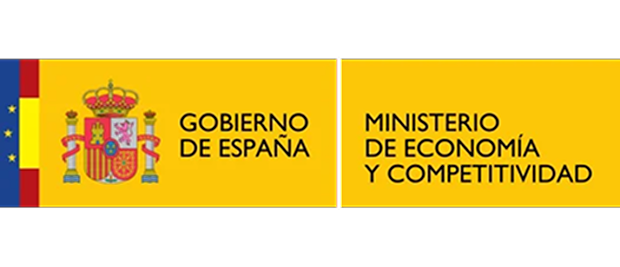Croatia introduced mandatory e-invoicing for public procurement in July 2019. All suppliers—both domestic and foreign—must send structured electronic invoices to public entities using the national platform, Servis eRačun za državu. In line with EU Directive 2014/55/EU, the system supports formats like UBL 2.1 and Peppol BIS Billing 3.0. Starting January 1, 2026, e-invoicing will also become mandatory for domestic B2B transactions under the “Fiscalization 2.0” initiative.
The national platform acts as a transmission service and does not allow direct invoice creation via web forms. Businesses without billing software must use external tools to generate invoices in XML format. Certified providers such as B2Brouter support this process, offering intuitive interfaces for invoice creation and Peppol-based delivery. In addition, companies using ERP systems can integrate directly with B2Brouter to automate invoice generation, delivery, and status management.
This evolving framework reflects Croatia’s push toward real-time reporting and complete digitization of VAT compliance. The following sections will explore compliance timelines, technical standards, and how to align your processes with the upcoming B2B obligations.
Important dates
January 1, 2026
B2B e-invoicing becomes mandatory for all VAT-registered businesses in domestic transactions.
January 1, 2027
The e-invoicing mandate extends to small businesses, freelancers, and B2C transactions.
Legislation
- Mandatory B2G invoicing
Since July 2019, e-invoicing is required for all suppliers to public administrations in Croatia.
- B2B & B2C obligations
From 2026, e-invoicing becomes mandatory for B2B transactions. In 2027, it extends to non-VAT entities, including B2C operations.
- Accepted formats
Croatia supports UBL 2.1, Peppol BIS 3.0, and CII, aligned with EU e-invoicing standards.
- Delivery channels
Invoices can be sent via the national eRačun portal or through Peppol access points such as B2Brouter.
- Regulating authority
The Croatian Tax Administration and FINA supervise the implementation of e-invoicing and fiscalization.
- Archiving requirements
E-invoices must be stored for at least 11 years. B2Brouter supports compliant long-term digital archiving.
ViDA alignment
Croatia’s system is evolving in line with the EU VAT in the Digital Age (ViDA) initiative for real-time reporting.
Digital signature
Electronic signatures are not mandatory but may be used for added security and authenticity.
Real-time reporting
Croatia applies a fiscalization system that requires invoice data to be submitted to the Tax Authority immediately after issuance.
Send e-invoices to Croatia securely with B2Brouter
Compliant Certified Peppol Access
B2Brouter is a certified Peppol Access Point and supports UBL, Peppol BIS and CII formats to ensure full regulatory compliance.
Cross-border invoicing made simple
Send and receive e-invoices across the EU using a single platform, ideal for companies dealing with clients or administrations in multiple countries.
ERP integration
Connect your accounting or ERP system easily to B2Brouter to automate invoice creation and delivery without changing your tools.

Certifications
B2Brouter is certified with the ISO 27001 standard on information security management, certified as a Peppol Access Point Service Provider and a member of the EESPA.





